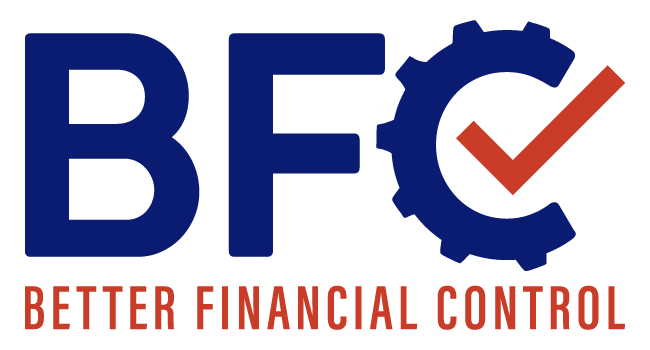As Dwight D. Eisenhower once said, “plans are nothing; planning is everything.” Taking the time to plan ahead, rather than taking a “Ready, Fire, Aim” approach, will almost always create better business results.
We are often tempted to act on impulse, thinking a spontaneous decision will save time and, therefore, money. But in doing so we often set ourselves up to fail.
In our latest blog, we dispel the notion of the “Ready, Fire, Aim” mentality, sharing how a little forethought, investment and planning can ultimately yield far better results.
Tag Archives: Problem Solving
Have you ever been confronted with the choice of whether or not to retain a staff member?
It can be one of the most challenging decisions to make but, like so many aspects of your business, it should simply be a case of following the correct process.
In our latest blog, we define the step-by-step guidelines for determining your staff members’ positions, value and whether they are worth investing some time and effort in, or whether you should simply let them go.
Have you ever been confronted with the choice of whether or not to retain a staff member?
It can be one of the most challenging decisions to make but, like so many aspects of your business, it should simply be a case of following the correct process.
In our latest blog, we define the step-by-step guidelines for determining your staff members’ positions, value and whether they are worth investing some time and effort in, or whether you should simply let them go.
Accountability is an essential part of your financial operation. But if roles aren’t clearly defined and the company vision not regularly articulated, significant blind spots can emerge in your team’s understanding of accountability.
In our latest blog – part two in our five-part series on business blind spots – we focus on the importance of collaborative accountability. By collaborating with your staff members, outlining their responsibilities and ensuring that your financial structure is shared by everyone, you prevent blind spots caused by neglect, misunderstanding and lack of awareness.
Every staff member should be held accountable for their tasks and obligations, but it is you as a financial manager who is accountable for making that happen.
Learn more in our latest blog:
Many problems that arise in business can be avoided by first recognising five commonly-occurring blind spots.
The first of these is the concept of company finance planning. While finance planning may seem like an integral part of your business, if you aren’t executing it correctly, you are, at best, falling short of its potential and, at worst, completely wasting your time.
In our latest blog, we address this frequent blind spot, highlighting the reasons it can occur, the ways to overcome it and the long-term benefits it will produce.
Take a look now – we hope it helps to overcome some of your company’s financial blind spots.
Storytelling is one of the great life skills of human evolution. For millennia, we have used story to convey wisdom, teach lessons and advance knowledge.
Despite its prehistoric roots, storytelling is still a valuable skill in contemporary society, and even in business. When we convey our message in a more story-like manner, our audience, whether our staff or our clients, become more engaged, amused and connected, retaining the information better and building both confidence and loyalty in the brand.
Problem solving strategies can often be pre-emptively implemented before the true nature of the problem has been defined. In Part 4 of my problem-solving series, I discuss how uncovering the problem before rushing to the solution can save time and money, and prove far more effective than quickly rushing to the first solution that comes to mind.
Empathy can sometimes be seen as a spiritual practice, even a sign of weakness, with little place in the realms of business.
However, by adopting an empathetic perspective, we are far better able to navigate difficult conversations, company communication and problem-solving discussions. It is often our fixed perspective that can stand in the way of resolutions, so by bringing some empathy into your process, you can view issues from a greater viewpoint, illuminating the problem as a whole and helping you to understand why some of your team may not be able to agree with your opinion – or vice versa.
Far from a weakness, empathy can be a powerful tool in your management arsenal. Learn more in my latest problem-solving blog for business managers.
Great problem solvers are made, not born. We have found after decades of problem solving with leaders across business and non-profit sectors these leaders tend to have a common mindset and set of strategies; they learn to adopt a particularly open and curious mindset, and adhere to a systematic process for resolving even the most challenging problems. And when conditions of chaos and uncertainty exist, they are at their best.
Five mutually reinforcing problem solving strategies seem to underly their success.









